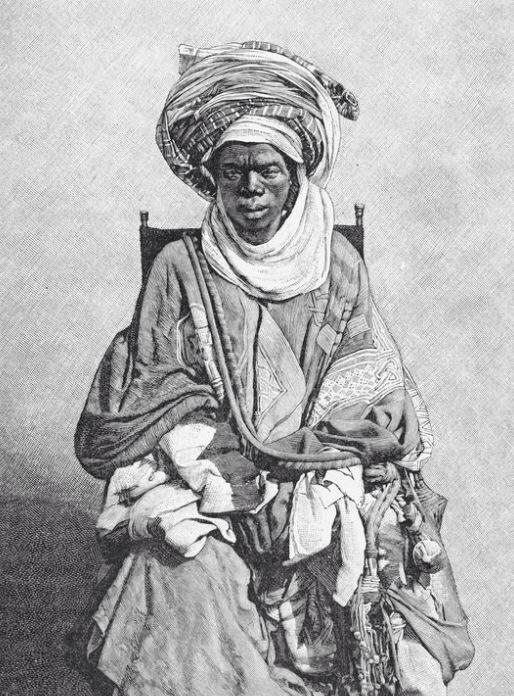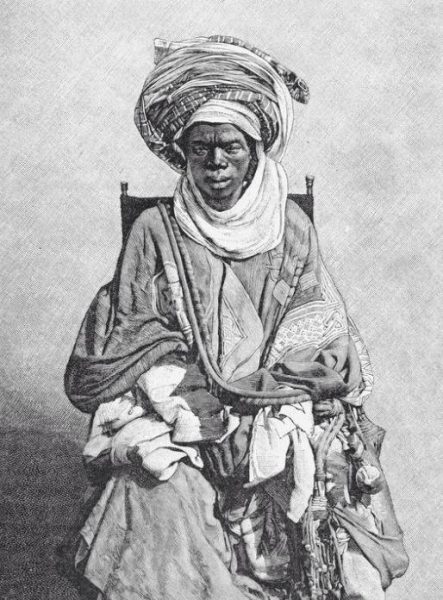Alimotu Pelewura born of the Awori extraction in Eko, Lagos State, in 1865. While helping and learning in the trade of fish from her mother, Alimotu decided to take after the profession and she became very successful too.
She rose to more prominence in 1910 when she became a titled chief by the order and conferment of the Oba of Lagos, Eshugbayi Eleko. Alongside Oba Eshugbayi and Herbert Macaulay, Alimotu would later become a major thorn in the flesh of the British colonial administration. With their different knowledge levels and support base, they jointly protested harsh colonial policies such as unfair taxes, water levies, women’s voting rights, racial and social discrimination, as well as the rising unemployment resulting from British laws.
Read more about Nigerian Women
However, Alimotu founded the Lagos Market Women Association and served as its president from the 1920s until her death in 1951. The organization served as a major springboard to rally the milling market women in the fast urbanising commercial city of Lagos in the early 20th century.
In 1945, in solidarity with an ongoing major general strike led by Micheal Imuodu, Alimotu initiated that market women reduce the prices of goods sold in the markets to support the striking workers. She also strongly protested a market price control plan, named the Pullen scheme popularly after a British officer, Captain A.P. Pullen, who initiated and directed it.
The majority of these market women, with Alimotu Pelewura’s unflinching leadership, resisted on the grounds that the policies imposed by the British Crown were not favourable and can only deprive women more of their much-needed income. The reality of the period also corroborated their stance as it spanned the ending of the First World War and the beginning/end of the Second World War. It was no accident that similar policy led to the Aba Women’s War of 1929 – when draconian policies were not only imposed on the struggling men but also same as taxing the women, a culture which was outright strange to that indigenous society.
Her tenacity influenced the action of early activists and nationalists to rally her support in their political dealings though she was not literate in Western education. In spite of her involvement with Herbert Macaulay’s Nigerian National Democratic Party (NNDP), she equally participated and served in the Nigerian Union of Young Democrats (NUYD) in 1938.
Sign up to the Connect Nigeria daily newsletter
In 1932, Alimotu served as the women’s representative on the Oba’s ‘Ilu Council’, and advisory group constituted to advise the Oba of Lagos. She later earned another deserved chieftaincy commendation as a worthy representative of the interests of women and also as an advocate for alleviating the plight of women, when the Oba of Lagos conferred the title of Erelu on her in 1947.
Alimotu Pelewura died in 1951 and multitudes of people trooped to her burial – in honour of, and to celebrate the newest legacy an ordinary woman had laid for a more politically aware Nigeria, starting from her own base in Lagos.
Sources:
Wikipedia
Woman NG
Featured Image Source: Afrika Heroes & Heroines – Facebook
Did you find this article useful? Contact us: [email protected]


